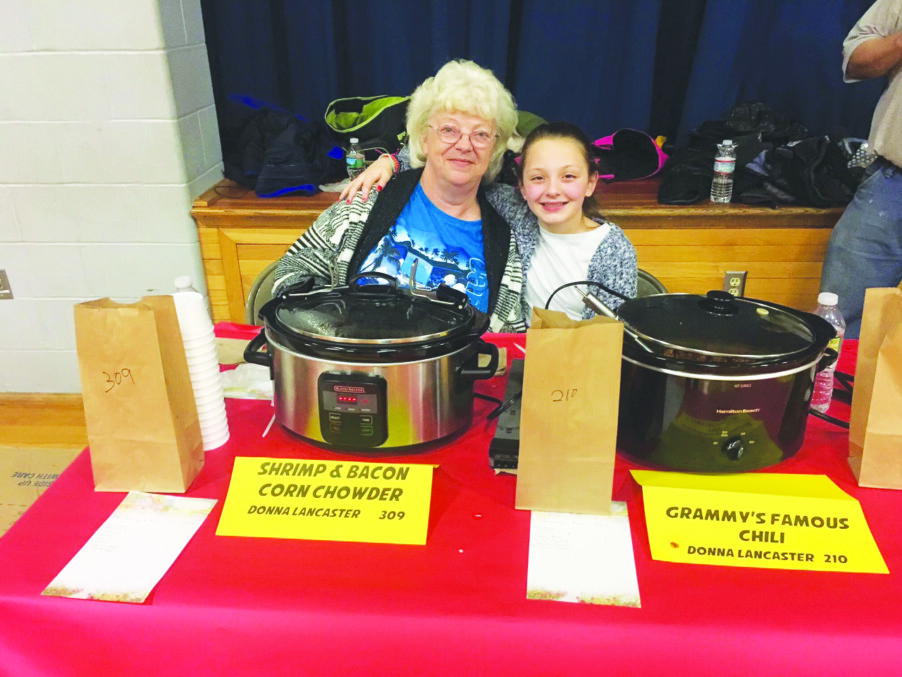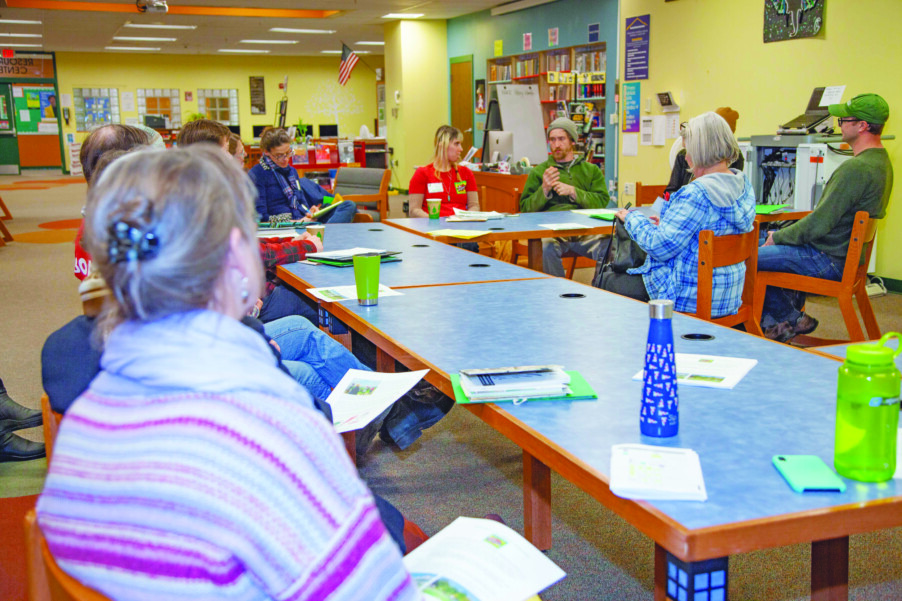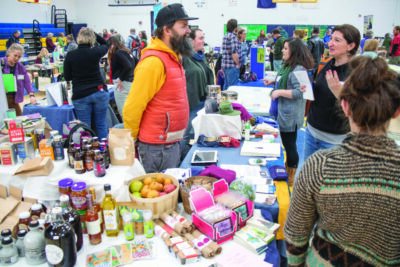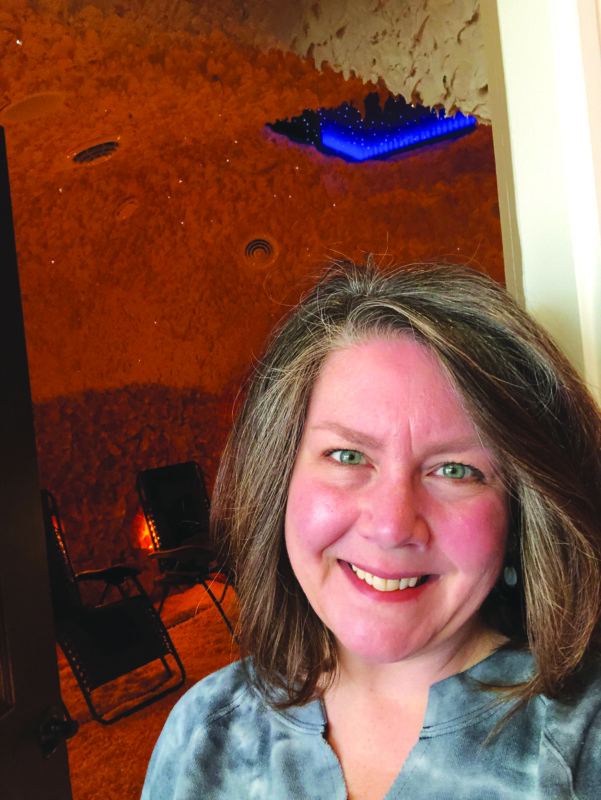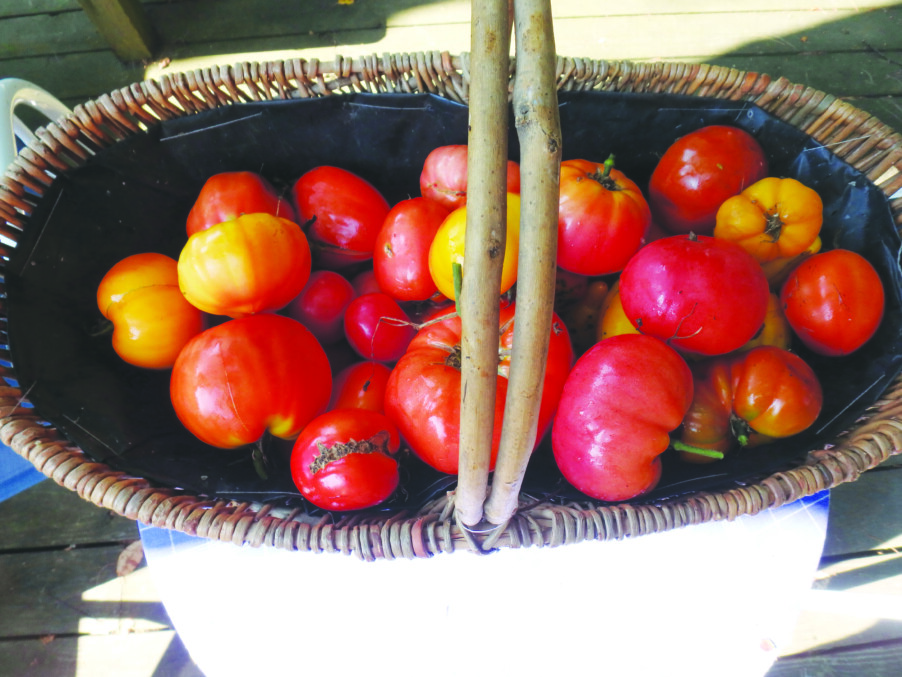Epsom soup/chili/chowder cook-off returns
Dozens of local soup, chili and chowder makers will be vying for your palate during Epsom Central School’s annual cook-off, which is set to return for its 10th year on Monday, Feb. 13, from 5 to 7 p.m. inside the school’s gymnasium.
Originally conceived as a much smaller fundraiser mostly among the school’s teachers and staff, the cook-off has grown considerably over the last few years. The event did have to take a hiatus in 2021 due to the pandemic, but was able to return in full force last year to a resounding success, school business secretary and cook-off coordinator Stephanie Colvin said.
More than 45 entrants are expected at this year’s cook-off, ranging from community members and teachers at the school to even a local girl scout group that will be participating. They’ll compete across a total of three judging categories: soups, chilis and chowders.
“We’re also doing a junior competition right alongside it during the day, where we’ll have our sixth-, seventh- and eighth-graders all making something within their class,” Colvin said, noting that each class is producing two slow cookers’ worth — one will be available at 2 p.m., and the second one during the cook-off in the evening.
For tasters, tickets to the cook-off will be sold at the door and will include access to up to 10 four-ounce sampling cups per attendee for adults and five sampling cups for kids ages 10 and under, along with sides of corn bread. Part of the fun is that you never know which different flavors of soups, chilis and chowders you may encounter at the cook-off in any given year. Many entrants, Colvin added, like to give their offerings unique names.
“There’s a chili entry called Real Firehouse chili … and one called Chicka Chicka chickpea veggie chowder, which is kind of a mouthful,” she said. “Then we’ve got a creamy Parmesan Italian sausage soup, one called an Ultimate white chicken chili, and one called Lavender Haze, so there will be all kinds of different, kind of funky ones.”
A panel of judges gives entrants a score based on a 10-point scaling system and adds them all up at the end of the night. Winners from each of the three categories receive a “Souper Bowl” trophy, and the top vote getter also wins a $50 gift card. Two People’s Choice recipients from each category are awarded ribbons.
Proceeds from the cook-off, Colvin said, help fund various student activities at Epsom Central School, including field trips and clothing needs.
10th annual Epsom Central School soup/chili/chowder cook-off
When: Monday, Feb. 13, 5 to 7 p.m.
Where: Epsom Central School, 282 Black Hall Road, Epsom
Cost: $8 for adults and $6 for kids ages 10 and under (includes access to up to 10 four-ounce samples for adults and up to five samples for kids, plus cornbread). Tickets are sold at the door while supplies last.
More info: See “10th Annual ECS Soup/Chili/Chowder Cook-off” on Facebook, or email cook-off coordinator Stephanie Colvin at scolvin@sau53.org.
Featured photo: Donna Lancaster (left) won first place in last year’s cook-off for her bacon shrimp corn chowder. Courtesy photo.

